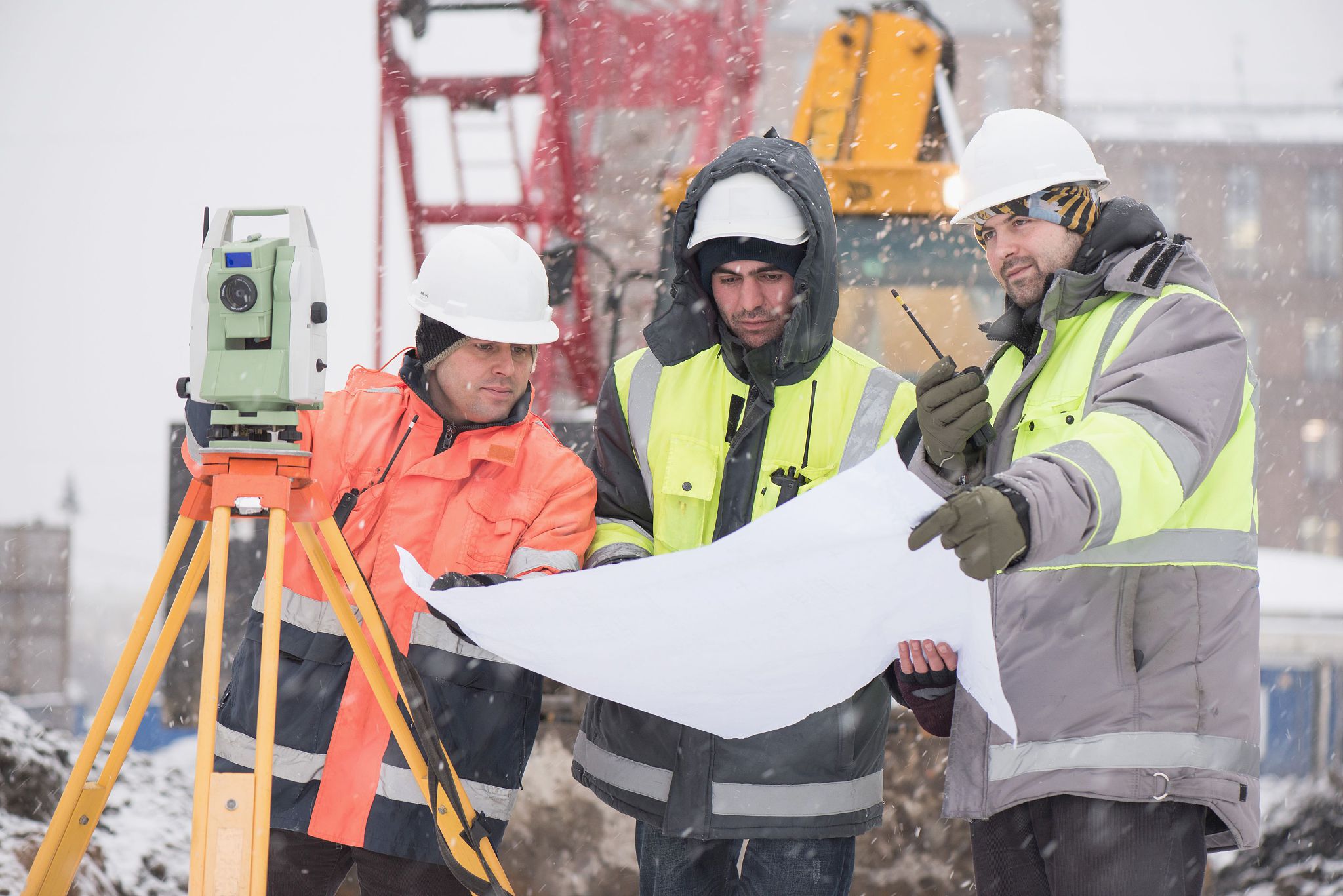Seasonal Tips for Preparing Your Property for Winter: Demolition and Construction Considerations
Understanding the Importance of Winter Preparation
As winter approaches, property owners must take proactive steps to ensure their properties are ready for the colder months. This is especially true for those involved in demolition and construction projects. Proper preparation can prevent costly delays and safeguard your investment. With the right strategies, you can maintain progress and ensure safety, no matter how harsh the weather gets.
Winter poses unique challenges, including freezing temperatures, snow accumulation, and shorter daylight hours. These factors can significantly impact construction timelines and safety protocols. By preparing early, you can mitigate these risks and keep your projects on track.

Assessing Your Property's Needs
The first step in winter preparation is a thorough assessment of your property. This includes evaluating the current state of your project, understanding potential weather impacts, and identifying areas that might require additional attention. Consider factors such as drainage, insulation, and structural integrity.
It's also essential to review any existing contracts or permits to ensure compliance with local regulations. Some areas may have specific requirements for winter construction, so it’s important to be informed and prepared to make necessary adjustments.
Checklist for Property Assessment
- Inspect roofs and gutters for damage or debris
- Review insulation effectiveness
- Check heating systems
- Ensure proper drainage systems are in place

Implementing Safety Measures
Safety should always be a top priority, especially during the winter months. Cold weather can increase the risk of accidents, so it's crucial to implement comprehensive safety measures. Provide adequate training for all workers on winter-specific hazards such as ice, snow, and hypothermia.
Ensure that all equipment is winterized and ready to operate in cold conditions. This includes using antifreeze in machinery and providing warm clothing and protective gear for workers. Regular safety checks and drills can also help prevent accidents and keep your team prepared.
Essential Safety Tips
- Conduct regular safety briefings
- Equip machinery with winter tires or chains
- Provide warm shelters for breaks
- Ensure clear communication channels

Planning for Weather Delays
Weather delays are an inevitable part of winter construction. However, with careful planning, you can minimize their impact on your project timeline. Build contingencies into your schedule to account for potential setbacks due to snowstorms or freezing conditions.
Consider using technology to monitor weather patterns and plan accordingly. Real-time data can help you make informed decisions about when to pause or resume work. Flexibility is key; having a buffer in your timeline allows you to adapt without compromising project quality.
Adapting Your Schedule
Utilize alternate workdays if possible, focusing on indoor tasks during inclement weather. Communicate any schedule changes promptly with your team to ensure everyone is on the same page.
By taking these considerations into account, you can effectively prepare your property for winter, ensuring that demolition and construction projects continue smoothly despite the seasonal challenges.